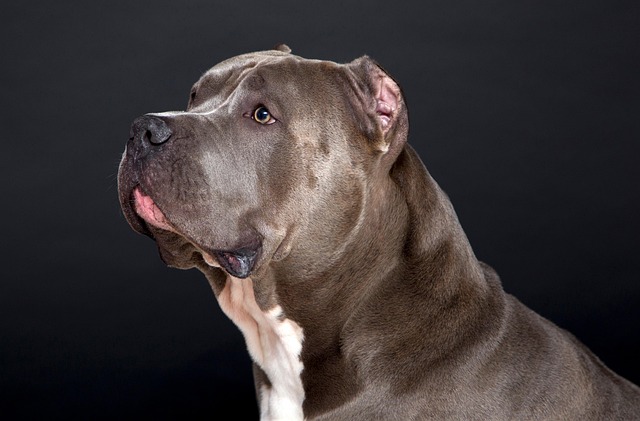
What is glaucoma in a dog?
You might notice your dog squinting more at mealtime or avoiding bright sunlight—these small changes could be early signs of a serious eye condition.
Watching your dog curl up in pain, refusing food or vomiting after meals, is enough to make any pet owner’s heart race. If your vet mentions pancreatitis, panic might set in — but take a breath. The short answer is yes, many dogs can be saved from pancreatitis, especially with quick action and proper care. This condition, where the pancreas becomes inflamed, is serious, but it’s far from a death sentence when handled right.
First, let’s get clear on what’s happening. The pancreas helps digest food and regulate blood sugar, but when it’s irritated — often by high-fat meals, obesity, or even certain medications — it can swell and leak enzymes that damage its own tissue. That’s why your dog might act lethargic, have a hunched posture, or avoid touching their belly. These signs aren’t just discomfort; they’re red flags. The faster you get them to a vet, the better their odds. Early treatment usually involves stopping food and water temporarily to let the pancreas rest, along with IV fluids to prevent dehydration and meds to ease pain or fight infection. Skipping this step, or trying home remedies instead, can let the condition worsen — so trust your vet’s plan, even if it’s tough to see your pup skip meals for a day or two.
 Recovery depends a lot on how severe the case is. Mild pancreatitis often clears up in a few days with vet care, but more serious cases might need longer hospital stays. What matters most is sticking to the aftercare. Your vet will probably nudge you toward a low-fat diet — think prescription kibble or specially cooked meals — because fat is a common trigger.
Recovery depends a lot on how severe the case is. Mild pancreatitis often clears up in a few days with vet care, but more serious cases might need longer hospital stays. What matters most is sticking to the aftercare. Your vet will probably nudge you toward a low-fat diet — think prescription kibble or specially cooked meals — because fat is a common trigger.
Your role in their comeback is bigger than you might think. After leaving the vet, watch for signs of relapse: loss of appetite, vomiting, or that same painful hunching. Catching these early can stop a small issue from turning into a big one. Also, keep up with follow-up visits. Vets might check bloodwork to make sure the pancreas is healing, and they can tweak diets or meds as needed. It’s also smart to track what your dog eats, even treats, to spot any patterns if problems return. And remember, local regulations often emphasize responsible pet care, which includes keeping up with veterinary visits — not just for emergencies, but for routine checkups that can catch risk factors like obesity before they lead to issues like pancreatitis.
Prevention goes hand in hand with recovery, especially for dogs prone to repeat bouts. Keeping their weight in a healthy range, avoiding sudden diet changes, and steering clear of high-fat snacks can lower their risk. If your dog has had pancreatitis once, they’re more likely to get it again, so these habits aren’t just good ideas — they’re essential.
Pancreatitis is scary, no doubt about it. But seeing your dog perk up, start wagging their tail at mealtime, or beg for a walk again? That’s the payoff for acting fast and staying committed. Most dogs bounce back, and with time, they’ll be back to their goofy, food-obsessed selves. The key is not to wait when you notice something’s wrong.

You might notice your dog squinting more at mealtime or avoiding bright sunlight—these small changes could be early signs of a serious eye condition.

Let’s set the scene: It’s a sweltering Phoenix afternoon—105°F outside—and you rushed your 2-year-old Lab mix, Cooper, on a quick walk to “get it over with.”

Let’s get real: You’re in your Miami apartment, watching your 3-year-old Corgi, Loki, struggle to climb the stairs to your second-floor unit.

Many dog owners brush off occasional scratching as just “dog behavior,” but persistent itching often signals something more—like a food allergy.

You might first notice your dog scratching more than usual—chewing at their paws until the fur looks thin, or rubbing their face against the couch nonstop.

Let’s be real: You’re standing in your Chicago apartment, watching your 3-year-old Beagle, Max, huff and puff just to climb onto the couch.